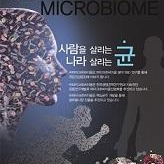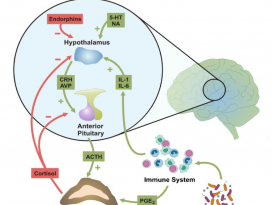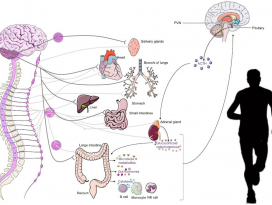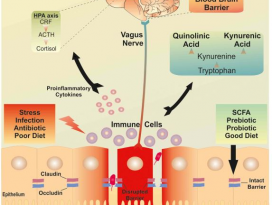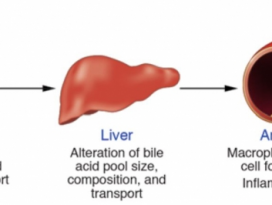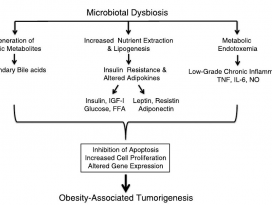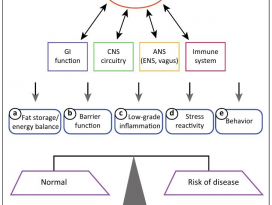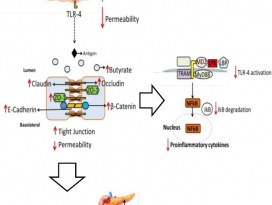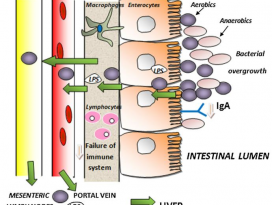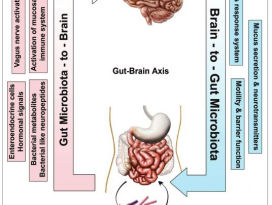[Gut Microbiome] Breaking down the barriers: the gut microbiome, intestinal permeability and stress-related psychiatric disorders
- e 1462
Breakingdown the barriers: the gut microbiome, intestinal permeability andstress-related psychiatric disorders
John R. Kelly, Paul J. Kennedy, John F. Cryan, Timothy G. Dinan, GerardClarke and Niall P. Hyland
Laboratory ofNeurogastroenterology, APC Microbiome Institute, University College Cork, Cork,Ireland, Department of Psychiatry and Neurobehavioural Science, UniversityCollege Cork, Cork, Ireland, Department of Anatomy and Neuroscience,University College Cork, Cork, Ireland, Department of Pharmacology andTherapeutics, University College Cork, Cork, Ireland
제목
장 누수 (Breaking down the barriers): 장내미생물, 장 투과율 및 스트레스 관련 정신 질환
내용
인간의 장내 미생물과 중추신경계 간의 떠오르는 연결 고리는 스트레스 관련 정신 질환의 병태생리학에 대한 이해뿐만아니라, 그 치료를 위한 시사점과 함께 신경 과학의 패러다임 변화로 간주된다. 따라서 장내 미생물과 이들이 숙주의 장벽 기능에 미치는 영향은 뇌-장축(brain-gut axis) 내에서 중요한 노드(node)로써위치한다. 증가하는 임상 증거는 장내 미생물이 뇌의 발달 및 기능과 면역 경로, 내분비 경로 및 신경 경로에 의한 행동을 조절할 수 있음을 널리 시사한다. 이러한특정 상호 작용을 설명하는 상세한 메커니즘 관련 통찰력은 현재 불충분하다. 그러나, "장 누수(leaky gut)"가 미생물과 이들의주요 신호 전달 경로 사이의 소통을 촉진할 수 있다는 개념이 견인력을 얻고 있다. 장 투과성의 결핍은우울증과 같은 질환에서 관찰되는 심하지 않은 만성 염증을 뒷받침할 수 있으며, 장내 미생물은 장 투과성을조절하는 데 결정적인 역할을 한다. 이 리뷰에서 우리는 장내 미생물이 장의 장벽 기능을 유지하고 중추신경계가무너질 때 그 결과를 유지하는 데 있어서 어떤 역할을 하는지에 대해 논의할 것이다. 우리는 정상적인장벽 기능에 필수적인 장내 미생물의 주요 특징뿐만 아니라 이러한 개념을 뒷받침할 임상적 및 전임상적 증거를 모을 것이다.
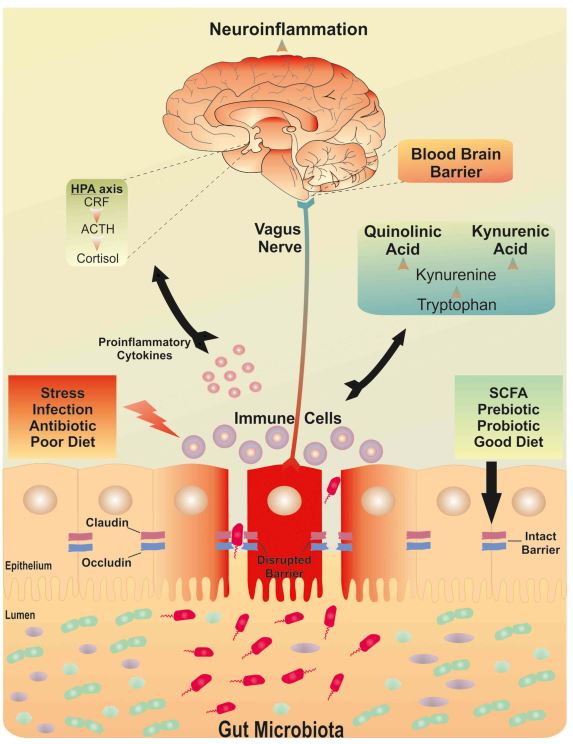
FIGURE 1 | The brain-gut-microbiota axis.
뇌-장-장내미생물 축 (Frontiers in cellular neuroscience, 2015)
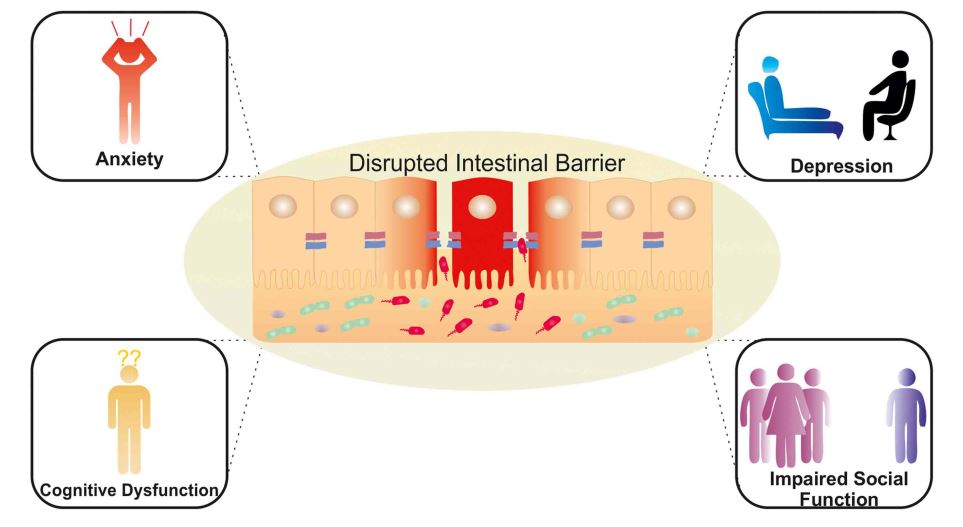
FIGURE 2 | Potential neuropsychiatric consequences of adysregulated intestinal barrier.
손상된 장의 장벽의 신경정신과적 잠재적 결과. (Frontiers in cellular neuroscience, 2015)
Keywords
: #Microbiome#Microorganisms#Microbes #Microbiota #GutMicrobiome #GutMicrobiota#IntestinalBarrier#Gut-brainAxis #Brain-gutAxis #Depression #Probiotics #Psychobiotics
#마이크로바이옴 #미생물총 #미생물군 #미생물유전자 #장내미생물 #장내미생물총 #장내미생물군 #장벽 #장벽기능 #뇌장축 #장뇌축 #우울 #우울증 #프로바이오틱스 #유익균 #사이코바이오틱스
[출처: Kelly, J. R., Kennedy, P. J., Cryan, J. F.,Dinan, T. G., Clarke, G., & Hyland, N. P. (2015). Breaking down thebarriers: the gut microbiome, intestinal permeability and stress-relatedpsychiatric disorders. Frontiers in cellular neuroscience, 9, 392.]
|
| ㈜마이크로바이옴 ㈜마이크로바이옴은 생명공학 최고의 기술력을 바탕으로 마이크로바이옴 산업의 성장과 발전의 선도적 역할을 하고 있는 대한민국 대표 마이크로바이옴 R&D 전문 기업입니다. ㈜마이크로바이옴은 생명공학 국가연구기관인 한국생명공학연구원과 마이크로바이옴 관련 상품에 대하여 공동연구개발 및 기술이전을 통하여 공동특허 출원과 마이크로바이옴 상품화에 성공하였고, 마이크로바이옴 글로벌 기업이 되기 위하여 연구개발을 지속하고 있습니다. |
| no. | 제목 | 조회수 |
|---|
㈜마이크로바이옴 ㅣ 서울시 서대문구 연희로 77-12 영화빌딩2층
Tel :02-322-0302 l Fax : 02-322-0759
Copyright (c) Microbiome. Co. All Rights Reserved.

